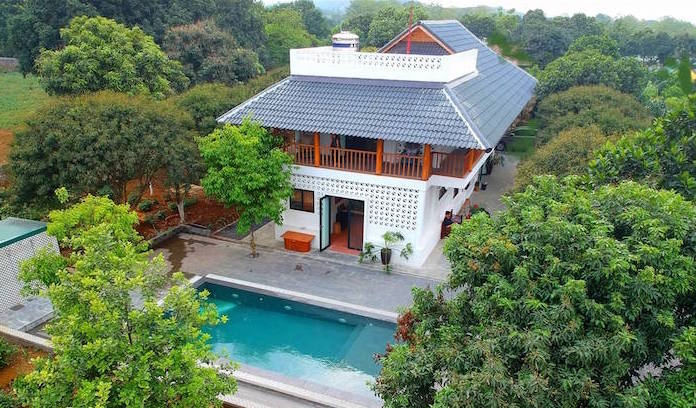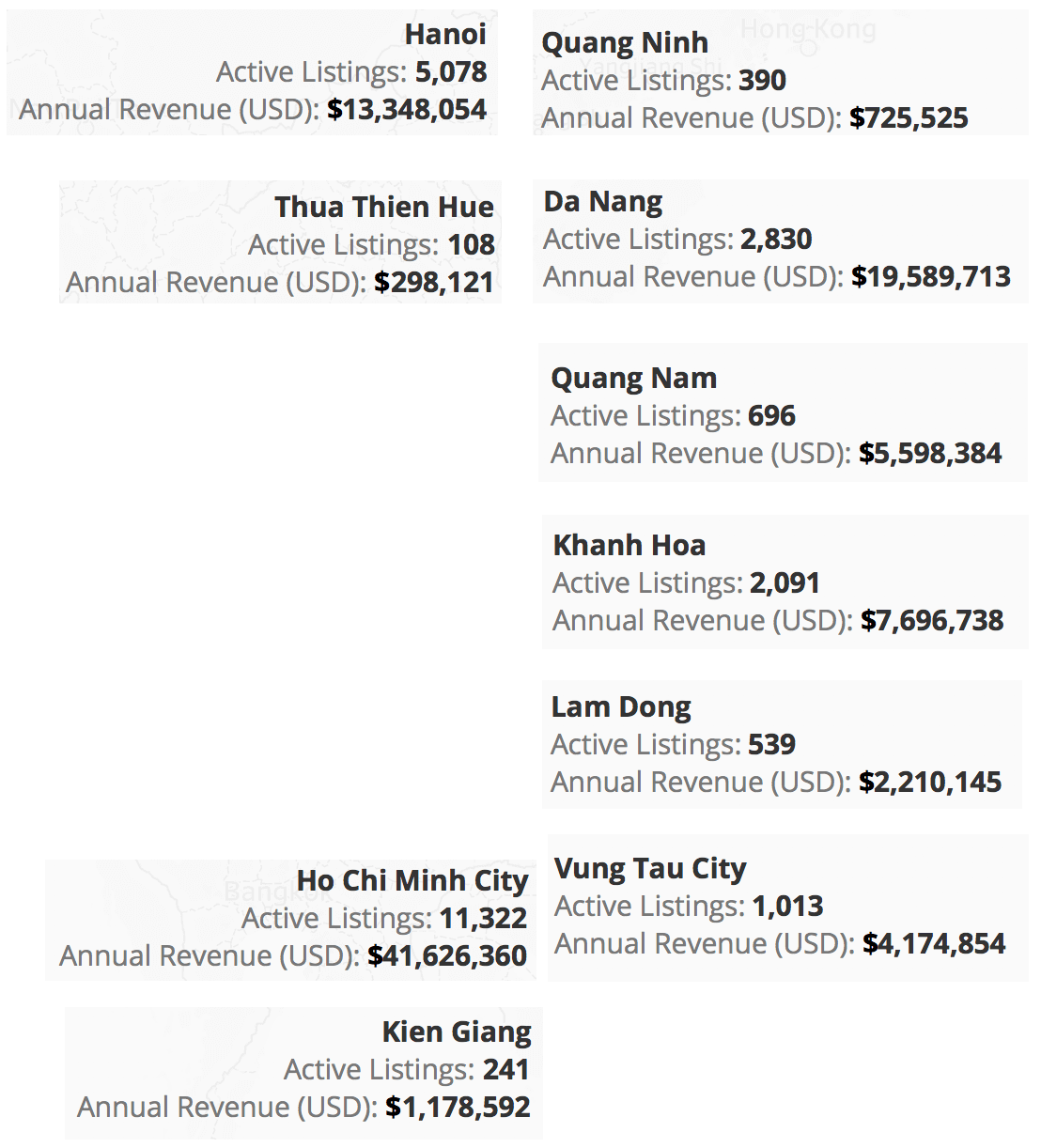Maersk rolls out electric trucks for inland transport in Vietnam
A.P. Moller–Maersk will deploy a fleet of heavy-duty electric trucks for inland container transport in Vietnam starting in the first quarter of 2026.




Homestay businesses in the country have increased five-fold within a year.

Data by AirDNA, provider of short-term vacation rental data and analytics, shows that the supply of homestay accommodation in the country has bolstered some 500 per cent in a year, an impressive growth compared to traditional hotel accommodation that went up by only 40 per cent.
Ho Chi Minh City and Hanoi are the country's biggest homestay markets with the former having 11,322 listings and the later 5,078 listings.
According to property consulting company Savills Hotels Asia - Pacific, the number of listings on Airbnb in the country inreased from 1,200 units in 2015 to 36,319 units last year.
Meanwhile, AirDND reveals that homestay service in the country earned $130 million last year.
Provinces and cities that enjoyed the increase in annual revenue from homestay service last year were Ho Chi Minh City with $41.6 million, Danang $19 million, Hanoi $13.3 million and Khanh Hoa $7.6 million.

Given the emergence of online accommodation platforms like Airbnb and Luxstay, travelers now have more options to book for their accommodation across the world. Technologies are indeed helping reshape the habit of customers and the growth of the accommodation market.
Homestay accommodation is often designed for short-term stays and its revenue is estimated to be 20 to 30 per cent higher than traditional hotel or motel accommodations. The profit can even go as high as 200-300 per cent if the accommodations are located within the tourist attraction areas.
Homestay service does not require a high upfront cost so this business model has attracted quite a lot of local home owners to join the segment in recent years.
According Luxstay’s representative Can Phuong Ha, the home sharing accommodation segment in Vietnam is growing fast and will continue to grow in the coming years, with potential to attain some 10-20 per cent of the total accommodation spending, or roughly market $15 billion by 2025.
Vietnam with its long coastline of over 3,400 kilometers, lush tropical forests, rich food and culture heritages, have been the choice of many travelers.
With its real estate market boom, there have been a large number of hotels, resorts, villas and condotels being built in recent years, contributing towards a large bank of accommodation units available to tourists.
A.P. Moller–Maersk will deploy a fleet of heavy-duty electric trucks for inland container transport in Vietnam starting in the first quarter of 2026.
The partnership aims to expand the system of charging and battery swapping stations, providing Grab driver-partners and other EV users with easy access to flexible and reliable charging solutions.
Samsung Vietnam appoints Nguyen Hoang Giang to SEVT senior leadership, the first Vietnamese executive in the company’s local manufacturing units.
Michelin is undergoing a strong transformation by applying AI and smart analytic, helping lead the smart, safe, and sustainable mobility revolution in the Industry 4.0 era.
LG Innotek Vietnam Hai Phong secured a $200 million IFC loan as revenue slows, aiming to expand camera module production while meeting sustainability targets.
For Koen Soenens, Sales and Marketing Director at DEEP C, empathy is a compass that guides major deals, the way a leader builds a team, and the ambition to create a sustainable industrial zone that carries a Vietnamese identity.